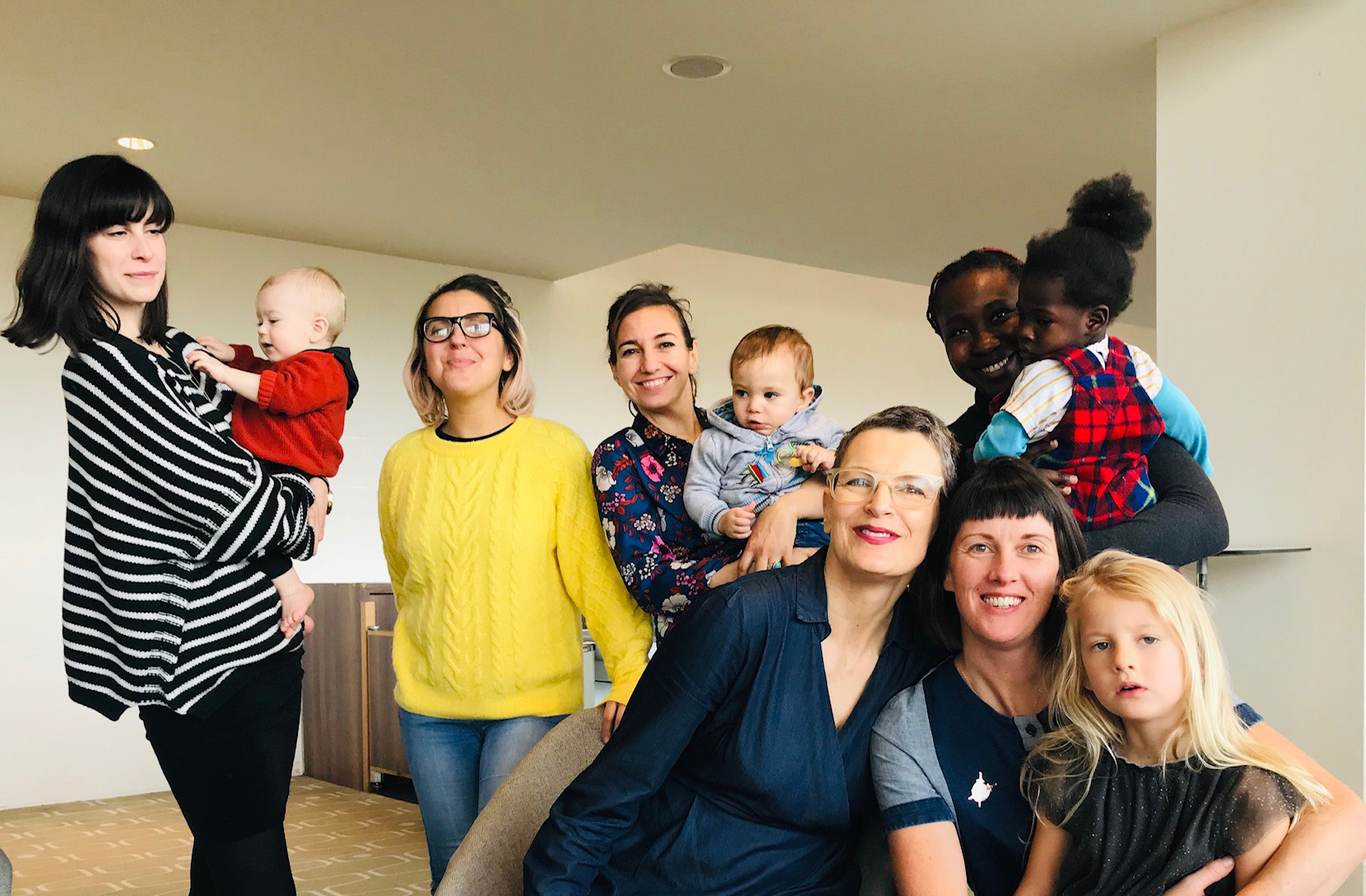How can councils really hear from their residents – not just the loudest voices, but everyone?
That’s the question we set out to explore between May and August 2025, when Ideas Alliance and The Place Bureau teamed up with Adur and Worthing District Councils on the Thriving Together Devolution programme.
Our goal was simple: build stronger connections with local people and find out what matters most to them ahead of devolution. To do that, we mixed online and offline ways of listening. Residents shared ideas through an online voting platform, community facilitators held in-person conversations, a citizens’ panel brought together a diverse mix of people, and everything came together in a final public workshop and report.
True participation means more than just asking for opinions – it’s about really listening and acting on what people say. In-person conversations build trust and depth, but digital tools can open the door wider. In this project, they helped us gather and summarise ideas, visualise the most popular ones, and weave together the perspectives of 47 residents and councillors who joined the final workshop.
Pol.is to capture ideas
Pol.is is an online tool for large-scale, open-ended surveys that helps groups understand collective opinions. Participants submit statements and vote on others’ statements with “agree,” “disagree,” or “pass”, and the system uses statistical clustering and visualization to reveal areas of consensus and division across the group.
In Thriving Together, 707 ideas were posted and 61,000 votes were cast!
Creating Infographics of the top ideas
Project partners Place Bureau worked with the survey results to illustrate and summarise the 21 Actions with broadest appeal across 7 Aims into an easy to digest form.
An A4 card was also created for each aim to allow those in the workshop to digest and discuss the 21 actions.

Infographic example

A4 card example
Live digital compilation of all participants’ views at the public workshop
In a 2.5 hr workshop with 47 people it is impossible to hear verbally from everyone but digitally you can. Typically, small group discussions are followed by time to hear from each group and often lengthy post workshop analysis of written feedback is needed after the workshop ends.

In this workshop however, we did three exercises. For each, we compiled and did the analysis live – here’s how:
- We firstly gave time for small groups to read and discuss the 21 actions. Each participant then submitted a single initial sentence of reflection via their mobile phone. All 47 views were compiled over the break using AI and the summary read back providing an instant flavour of what mattered to all.
- The groups then did two prioritisation exercises, the first asked them to place as many of the 21 actions into a 2 x 2 grid of Impact vs Effort

One person on behalf of each group submitted which quadrant they had placed each action in. The results were compiled live into an average quadrant position for each action across all 10 groups.
- A second exercise took place to prioritise who does what with results compiled and fed back in the same way.

In Summary
This kind of workshop demonstrates that participation can be fast, transparent, and meaningful, making residents feel valued and giving the council a clear, trusted mandate to act.
Benefits to residents
- Sense of genuine collaboration – By working together on prioritisation, residents experience that they are co-creators of solutions, not just consultees.
- Transparency and trust – Instant visibility of the group’s collective thinking reduces suspicion that ideas might be “filtered” later.
- Empowerment and ownership – Identifying not just what should be done, but who should lead (council, residents, or both) gives people a stake in outcomes and strengthens community responsibility.
- Inclusive participation – Digital tools allow every individual voice to be captured, alongside the collective deliberation, so quieter or less confident voices aren’t lost.
Benefits to the Council
- Actionable insights fast – Instead of weeks of analysis and report writing, the council leaves the room with clear, data-driven priorities, backed by resident input.
- Legitimacy and credibility – Decisions carry more weight when residents can see how they were shaped collectively and transparently.
- Strengthened relationships – The process builds trust between residents, councillors, and staff by showing that the council is listening and open to shared leadership.
- Better decision-making By surfacing both individual perspectives and group consensus, the council gains a nuanced picture of community priorities.



